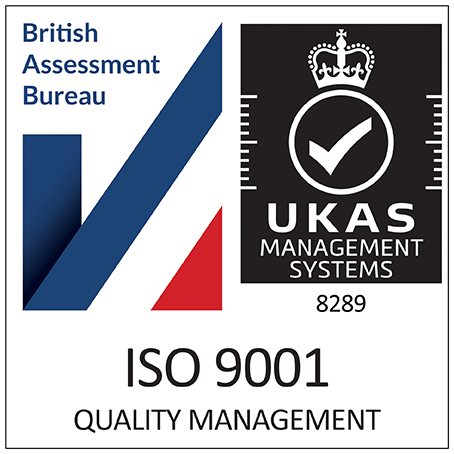
In the wake of the Government’s announcement that they are to ban gagging orders in NHS compromise agreements. The question to ponder is how non-NHS organisations are affected?
Jeremy Hunt, Health Secretary, has stated all NHS compromise agreements for departing staff will have to be approved by the Department for Health and the Treasury. Also, they won’t approve any with a confidentiality clause that prevents people speaking out about patient safety or patient care.
A commonplace clause in a compromise agreement would include a term not to make or publish any disparaging remarks concerning the company or its staff. Such remarks will not necessarily relate to patient care or safety.
The Public Interest Disclosure Act 1998 (‘PIDA 1998’) protects workers who make disclosures about malpractice during their employment. The Employment Rights Act 1996 (‘ERA 1996’) at section 43J stipulates any term in the worker’s contract or other agreement is void in so far as it purports to preclude the worker from making a protected disclosure about malpractice or to bring proceedings under the ERA 1996. The type of disclosures that would qualify for protection are wide-reaching and include for example tax evasion or workplace harassment.
‘A worker’
The meaning of ‘a worker’ is extended for the purposes of this protection. It includes past employees but only in certain contractual arrangements, one of which is for those in medical practice. Therefore compromise agreement terms that seek to bind ex NHS employees against making a disclosure about malpractice are in fact void already. This means there would be no need for the government to incur the expense of approving all compromise agreements.
Gary Walker, the former chief executive of United Lincolnshire Hospitals Trust who received a reported settlement of over £500,000 need not worry about a breach of contract. It seems the term that prevented him making the comments he did will be considered void and therefore unenforceable. But the position is less clear for other organisations. For workers not covered by the definition at section 43K of the ERA 1996 such terms are still valid. But are they enforceable if the disclosures an ex-employee wishes to make are in the public interest?
Both employers and employees need to first consider s 43K carefully to establish if the definition of worker is satisfied. If it is, then a gagging term on disclosures about malpractice (but not disparaging remarks generally) will be void. If it’s not, without government intervention, and without the protection of section 43J an employee may be bound by a compromise term not to make any disparaging remarks, even if they are within the public interests.

